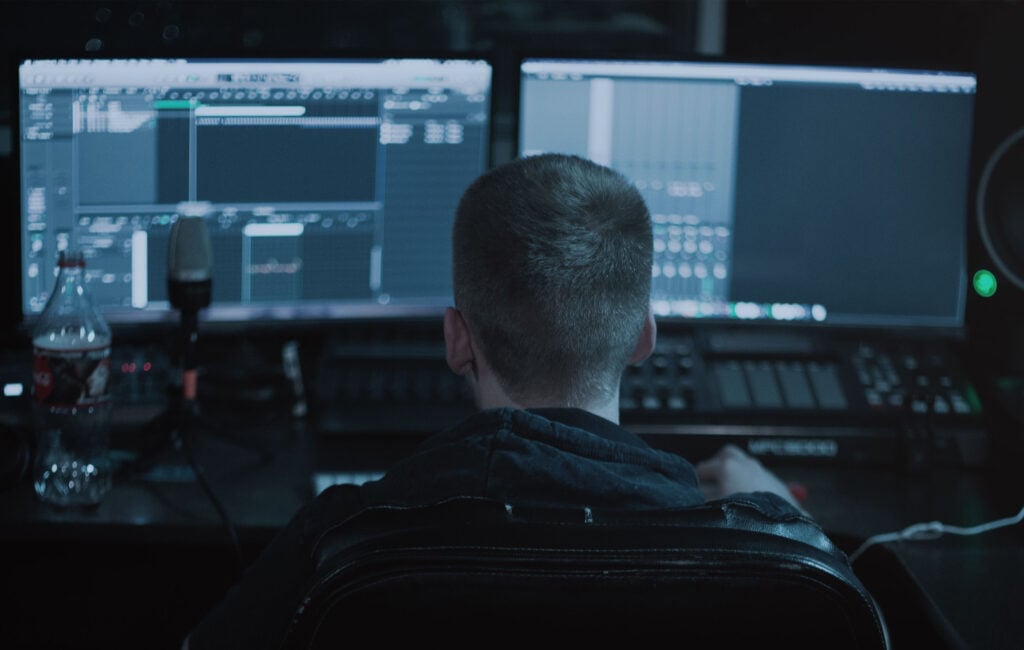The emergence of OpenAI’s latest creation, Sora has sparked concerns about its impact on jobs in Hollywood. Sora is an AI tool developed to generate video sequences based on text prompts and it is causing quite a stir in the film industry.

OpenAI has been promoting Sora on social media and recently offered Hollywood insiders including actors and directors; a sneak peek before its public launch. The response has been mixed, with some expressing worries that Sora could lead to job losses for creative professionals.
Sora operates as an AI model that transforms text into video sequences; akin to how ChatGPT generates text responses. However Sora isn’t flawless; some videos exhibit imperfections that raise questions about its suitability for industry use.
Despite its shortcomings, Sora undeniably possesses potential. It leverages machine learning and natural language processing to comprehend text prompts and produce realistic depictions of objects and scenes.
Sora’s capability to replicate camera shots, lighting, and characters presents new challenges for directors and filmmakers. The industry is uncertain about which tasks currently performed by humans could be replaced by Sora, but significant changes are anticipated.
Copyright concerns abound regarding the ownership of content created by Sora and whether creators should receive compensation for their work. These questions remain unanswered, alongside worries about privacy and data usage.
Legal experts caution about potential copyright and intellectual property disputes, particularly as AI tools like Sora blur the lines between human and machine creation. The absence of legal precedent complicates matters, with ongoing lawsuits emphasizing the necessity for clarity and regulation in this burgeoning field.
Leave a Reply